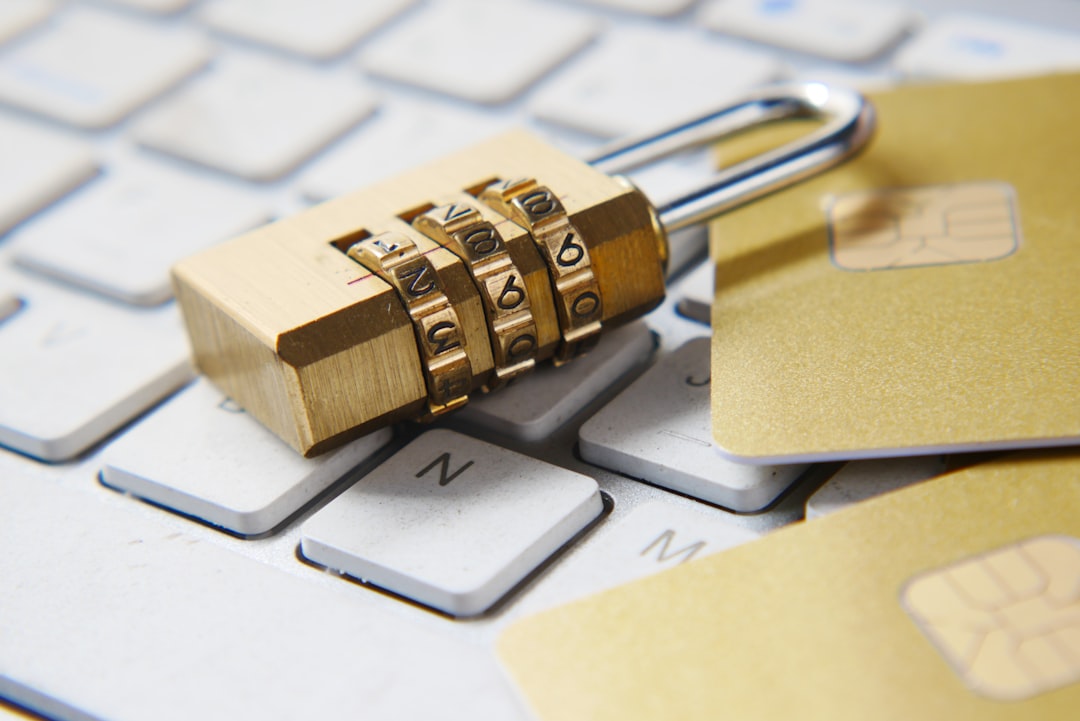In an era where almost everything is connected to the internet, data has become the new currency. From personal photos and videos to financial transactions and confidential business records, our lives are increasingly stored and shared online. However, this convenience comes with a price. The risk of data breaches and unauthorized access to sensitive information has never been higher. This is why data protection has become an essential aspect of our digital lives.
Data protection refers to the measures taken to safeguard data from unauthorized access, use, disclosure, destruction, or alteration. It involves implementing policies, procedures, and technologies to ensure the confidentiality, integrity, and availability of data. Effective data protection ensures that personal and sensitive information remains secure, which is crucial for maintaining trust among individuals and organizations alike.
One of the main reasons data protection is important is because of the value associated with data. Data is no longer just a collection of numbers and letters; it is a valuable asset that can be used for various purposes. Organizations can analyze data to gain insights into customer behavior and preferences, thereby improving their products and services. Hackers and cybercriminals understand the worth of data, making it a prime target for illegal activities. By implementing robust data protection measures, we can mitigate the risk of data breaches and protect our valuable information from falling into the wrong hands.
Data protection is not just the responsibility of organizations but also individuals. We all have a role to play in keeping our data safe. This means adopting safe online behavior, such as using strong passwords, enabling two-factor authentication, and being cautious about sharing personal information online. It is also crucial to keep software and devices up to date with the latest security patches and antivirus software.
For businesses, data protection is even more critical. A data breach can not only result in financial losses but also damage a company’s reputation. With the implementation of the General Data Protection Regulation (GDPR) in Europe and similar regulations in other jurisdictions, businesses are legally obligated to protect the personal data they gather and process. Failure to comply with these regulations can lead to severe penalties. Therefore, businesses must invest in robust data protection systems, conduct regular security audits, and provide training to employees to ensure data protection is a top priority.
Backing up data is an integral part of data protection. No matter how secure your systems are, there is always the possibility of data loss due to hardware failures, natural disasters, or human error. Regularly backing up data ensures that even if the original copy is lost, it can be recovered, minimizing the impact of data loss. This backup should be stored in a separate location, away from the original data source, to protect against physical damage or theft.
Encryption is another essential aspect of data protection. Encrypting data involves converting it into an unreadable format, which can only be accessed with an encryption key. This adds an extra layer of security, ensuring that even if the data falls into the wrong hands, it cannot be deciphered without the encryption key. Encryption should be used for data in transit as well as data at rest, making it difficult for unauthorized individuals to access and misuse the information.
Data protection is closely related to data privacy. While data protection focuses on the security of data, data privacy deals with the ethical and legal considerations of how personal information is collected, used, and shared. In an age where data breaches and privacy violations are on the rise, individuals are becoming more conscious of their privacy rights. They are increasingly demanding transparency and control over how their data is being handled. Organizations that prioritize data protection and respect individuals’ privacy rights can build trust and establish a positive reputation.
In conclusion, data protection is of paramount importance in the digital age. Whether it is safeguarding personal information or protecting business assets, data protection ensures the confidentiality, integrity, and availability of data. By implementing robust security measures, backing up data, encrypting sensitive information, and respecting individuals’ privacy rights, we can create a safer and more secure digital ecosystem. Remember, data is invaluable, and its protection should be a top priority for individuals, organizations, and policymakers alike.





